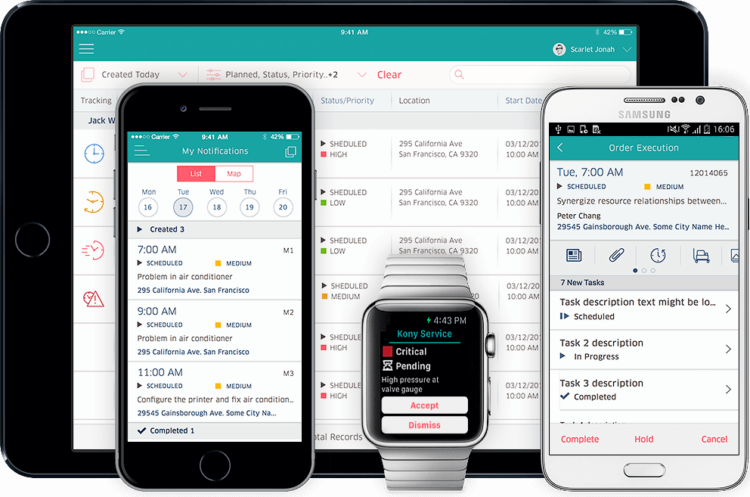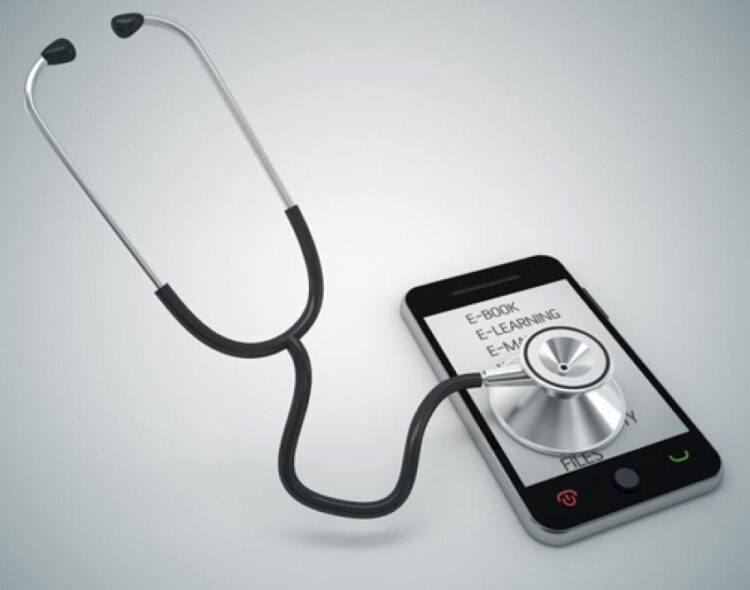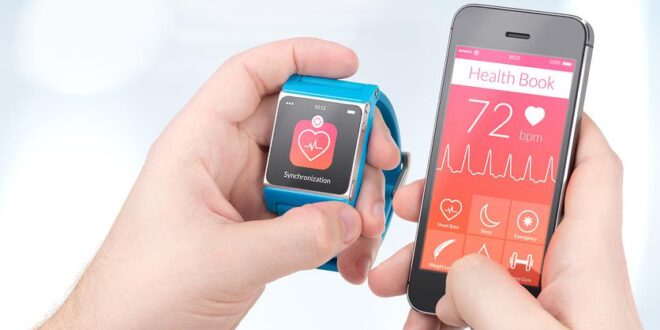Smartphone apps are growing more and more popular as days go by, with each user currently having more than 60 apps downloaded on his smartphone. Currently, there are more than 320,000 health apps available on both the App Store and Google Play, with more than 100 apps going online each week. The number of health apps in the last few years has grown exponentially, and statics point out that the number will increase even more.
Healthcare software and apps can be categorized into three categories, which are:
- Apps for general health and wellbeing
- Telemedicine Apps
- And apps that manage your health
The biggest call for these apps stems from the need to stay healthy and manage chronic conditions. These apps are helping us keep track of our health, promote a healthier lifestyle, and provide tips for managing chronic health conditions.
In this article, we are going to talk in more detail about how these apps are helping us with our health.
They Reduce The Costs for Healthcare

According to statistics from the Chronic Disease Prevention Alliance of Canada, Canadians live with at least one chronic illness and those who don’t have a 70% chance of developing one.
Chronic diseases and illnesses cost Canadians more than $65 billion in costs associated with healthcare. So naturally, a solution is needed for better management of these illnesses. Luckily, the solution comes in the form of smartphone apps that users can use to reduce overall health costs. The reduction of cost isn’t just associated with patients, but with healthcare providers as well.
Consumer-focused apps can have a significant impact on the healthcare system in any country. In the U.S., a study was conducted and the results showed that the use of these apps can potentially save the U.S. healthcare system more than $7 billion per year.
According to Digital Authority Partners, the use of these apps is mostly used for the treatment of chronic illnesses and disease prevention. The most common usage for these apps is on diabetes prevention, diabetes care, asthma, cardiac rehabilitation, and pulmonary rehabilitation. However, healthcare apps are used for the prevention of all types of diseases.
Improve the Efficiency of the Healthcare System

Healthcare apps make it easier for the user to collect information regarding his all-round health. These apps can be used for people to monitor and check on their calories, food intake, sugar intake, and other even diabetics that can keep track of their glucose, carbs, and sugar levels.
Those who check on their food intake achieve significant weight loss, then those who don’t. Furthermore, these apps are very beneficial who people who like to mingle in tech.
Diabetics can monitor their blood sugar levels and send their doctors results, ultimately keeping them updated. Patients with heart diseases can do the same thing and send information to their healthcare providers.
What this does is personalizing healthcare. Each person can use these apps and focus on their own wellbeing. Some might use these apps to monitor their heart rate, others for keeping track of chronic illnesses, and some for keeping track of their general health.
 Hi Boox Popular Magazine 2024
Hi Boox Popular Magazine 2024



